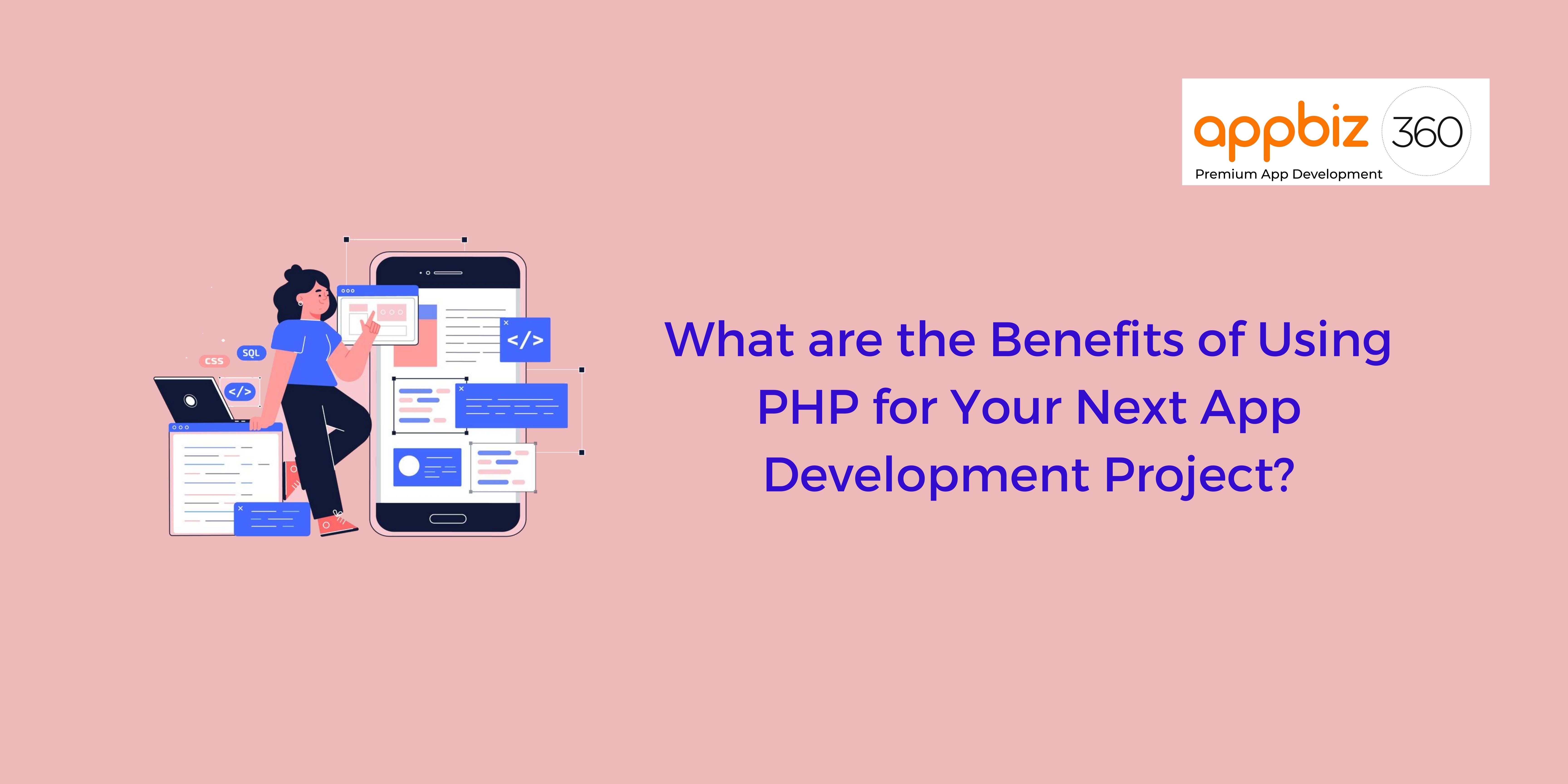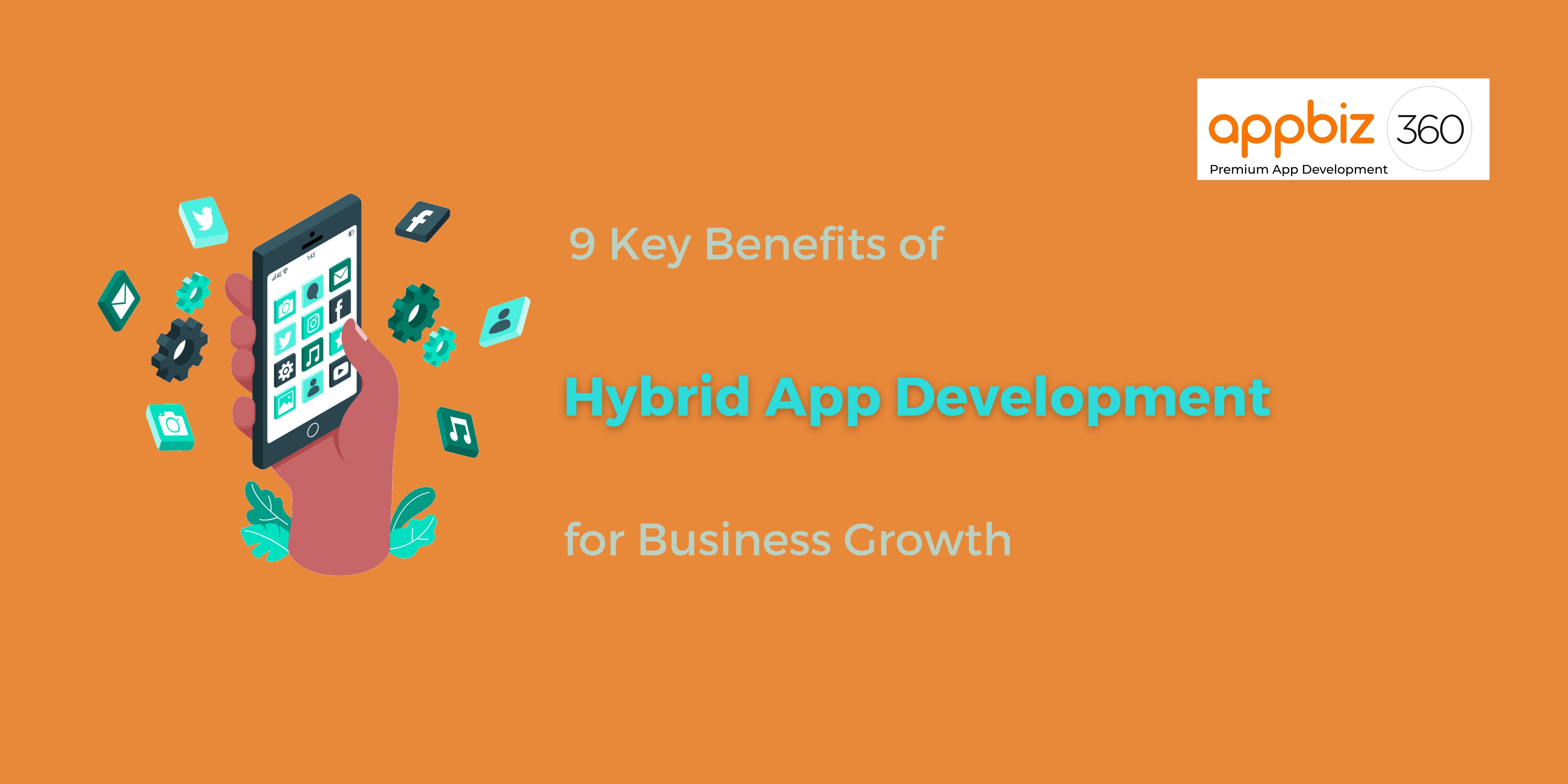Follow Us
Mobile App Development
Top 10 Mobile App Development Frameworks

There is no exaggeration in saying that this era is ruled by smartphones and mobile apps are an integral part of it. The number of smartphone users is on a constant rise and businesses are fast realizing the huge potential this ever-increasing user base holds. Most companies and businesses are now focusing on mobile app development to showcase their brands, businesses, products, and services. Businesses can easily reach out to potential customers with the help of these apps.
Most users prefer mobile apps to traditional websites and other web identities whenever they need some information or want to accomplish anything – right from booking movie tickets to seeking an appointment with the doctor, ordering food, shopping, and much more. Having an app is a beneficial proposition for businesses as it lets them stay connected to their targeted audiences on the go. But when it comes to mobile app development, it is slightly difficult to decide on the right mobile app development framework, language, and tool. If you are also facing similar confusion, this blog is worth reading for you.
Top 10 mobile app development frameworks
1. React Native – Amongst the most popular cross-platform frameworks, React Native was launched by Facebook – the king of social media. It is one of the most preferred choices among developers as well as businesses due to multiple reasons including it’s an open-source framework that offers adequate support to mobile app development tools and IDEs. React Native is amongst the optimal JS frameworks used for building native apps suitable for iOS and Android. React is suitable for the web while React native is suitable for mobile app development.
2. Ionic – Ionic is amongst the most popular frameworks used for app development. The best part is it comes for free. It is a client-side framework perfect for building a native application with a combination of CSS3, JS, and HTML. The framework also supports the latest devices while preparing robust ground for the app before launch.
3. Flutter – Another great product from Google, Flutter is an open-source SDK for mobile app development. Flutter is written in Dart and, therefore, is suitable for cross-platform app development.
4. Xamarin – Xamarin is perfectly suitable for building apps that are indistinguishable from apps written in Java or Objective-C (for Android and iOS, respectively). Xamarin allows users to share the code via Mas OS and Windows platforms. Developers can save their valuable time using Xamarin as it offers the benefit of code sharing.
5. Corona SDK – It’s 10x quicker than other frameworks used for mobile app development. An important aspect of Corona SKD is it’s supported by Lua, which is a lightweight programming language. Lua offers ease of usage, speed, and flexibility for building apps. Hence, if you want to create high-quality apps without wasting much time, Corona SDK should be the choice. What’s more, it’s free and extends support for Mac OS as well as Windows.
6. Adobe PhoneGap – In case there’s any change or modification in the app development, you can easily view it with PhoneGap. This is another cross-platform application development framework popular among developers for creating apps in HTML5, CSS, and JavaScript. If you’re planning to create a hybrid app, PhoneGap may top your list of priorities. You can create apps for almost all prominent OS in addition to iOS and Android.
7. Intel XDK – This app development framework is cross-platform that facilitates creating highly interactive and responsive apps for multiple devices. With Intel XDK, it is quite easy to develop, test, debug, and emulate. This framework supports IoT and other futuristic technologies.
8. JQuery Mobile – HTML5 based app development framework, JQuery is based on HTML. A key fact about JQuery is that it can run smoothly across all the devices with one code version. This framework can be used for creating both mobile apps and websites. This framework offers extensive support for all OS including Mac OS, Windows, Firefox, Kindle, etc.
9. NativeScripts – It is an open-source framework designed to build apps for Android and Apple iOS platforms. The framework was originally developed by Progress. NativeScript apps are created using JavaScript.
10. Mobile Angular UI – Combining the implementation of Angular and Bootstrap frameworks, mobile Angular UI makes the development process easier and lets you develop apps using HTML5.
You can choose any of these frameworks depending on your unique app or project requirement.
Latest Posts
appbiz360 NEWSFEED
Sign up for the appbiz360 newsfeed by adding your email address in the form below:

















